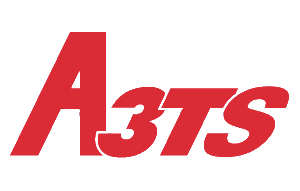CT04 - Thermal treatments under vacuum or low pressure
Inter-company and intra-company courses
85% satisfaction
Educational objectives
To know the technologies related to the implementation of vacuum heat treatments, their applications and process control
PROGRAM
Vacuum, rarefied medium, pressure, mean free path. Vacuum furnaces, designs and applications
Obtaining the vacuum: the pumps
Vacuum measurement and control: gauges and leakage controls
Different cooling systems
Physical concepts related to vacuum treatments: emissivity, vapor pressure...
Implementation of vacuum treatments, different applications (austenitization, quenching, solution, thermochemical treatments, degassing, decontamination)
Particularities of the different ferrous and non-ferrous alloys (titanium, nickel, copper, aluminum and their alloys)
Special case of vacuum purge furnaces
Defects and anomalies encountered during vacuum processing
ADDITIONAL INFORMATION
To deepen your knowledge, we suggest you create a training course using other modules from the catalog.
CONTACT US
formation@a3ts.org
+33 (0)1 45 26 22 35
Accessible to people with reduced mobility: yes. Accessible to people with other disabilities: please contact our disability advisor on +33 (0)1 45 26 22 35 to discuss the situation together.
- INTER DATES
- 11-12/03/2025
- 28-29/10/2025 Open to groups of 4 or more.
- DURATION
2days (14h)
- PUBLIC CONCERNED
All levels
- PREREQUISITES
Fundamentals of heat treatment or knowledge in TTh.
- METHODS USED
Paper or digital lessons and exercises.
Multiroom videoconferencing platform with chat.
- PLACE
Face-to-face INTER: A3TS Paris
Face-to-face INTRA: on site
Distance learning: videoconferencing
- RATES
Inter: €1,260 excl. tax/person
Intra: on request
- TRAINER
Metallurgical engineer specialized in heat treatments.
- EVALUATION METHODS
Satisfaction survey at the end of the session.
Evaluation of learning at the beginning and end of the training.




